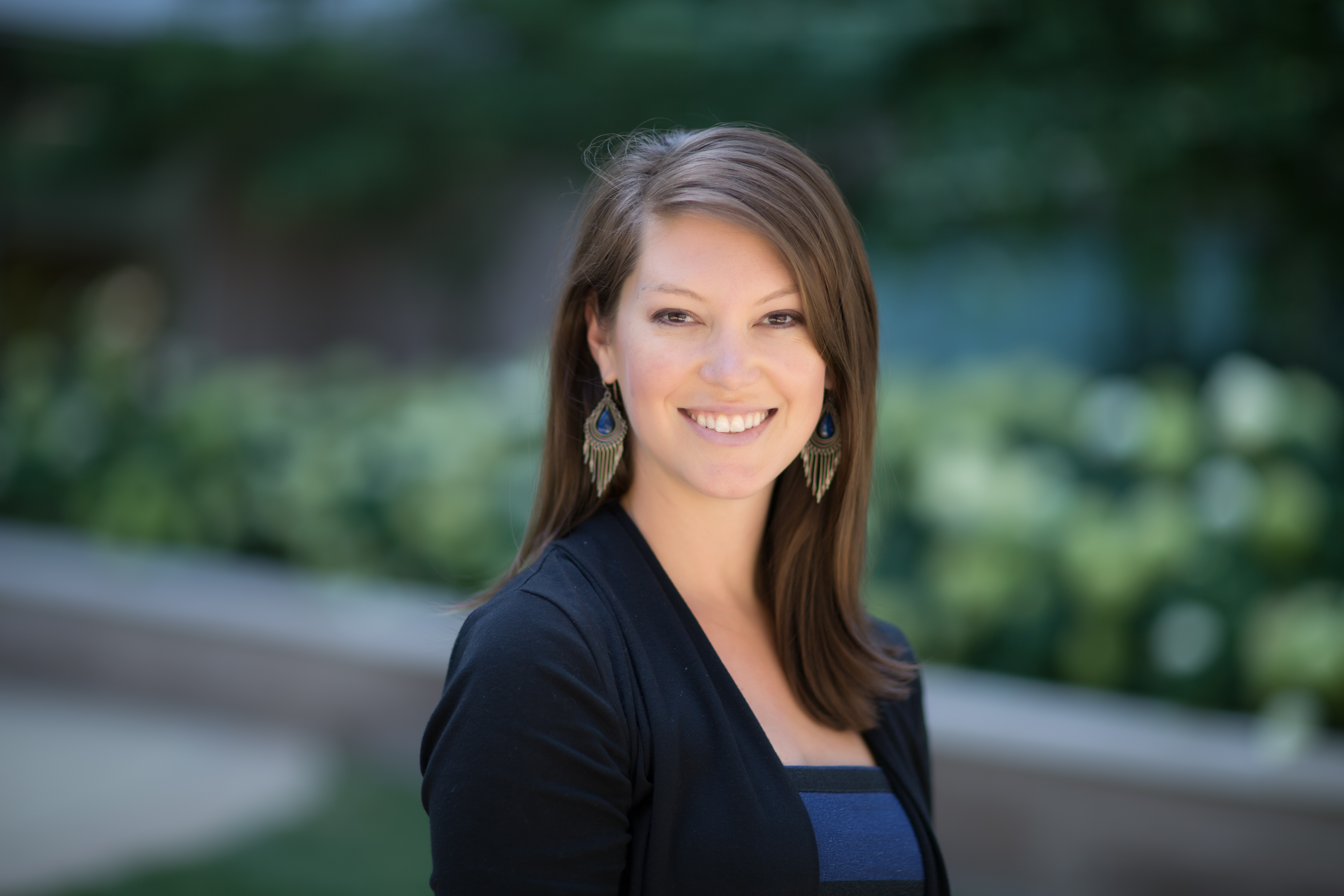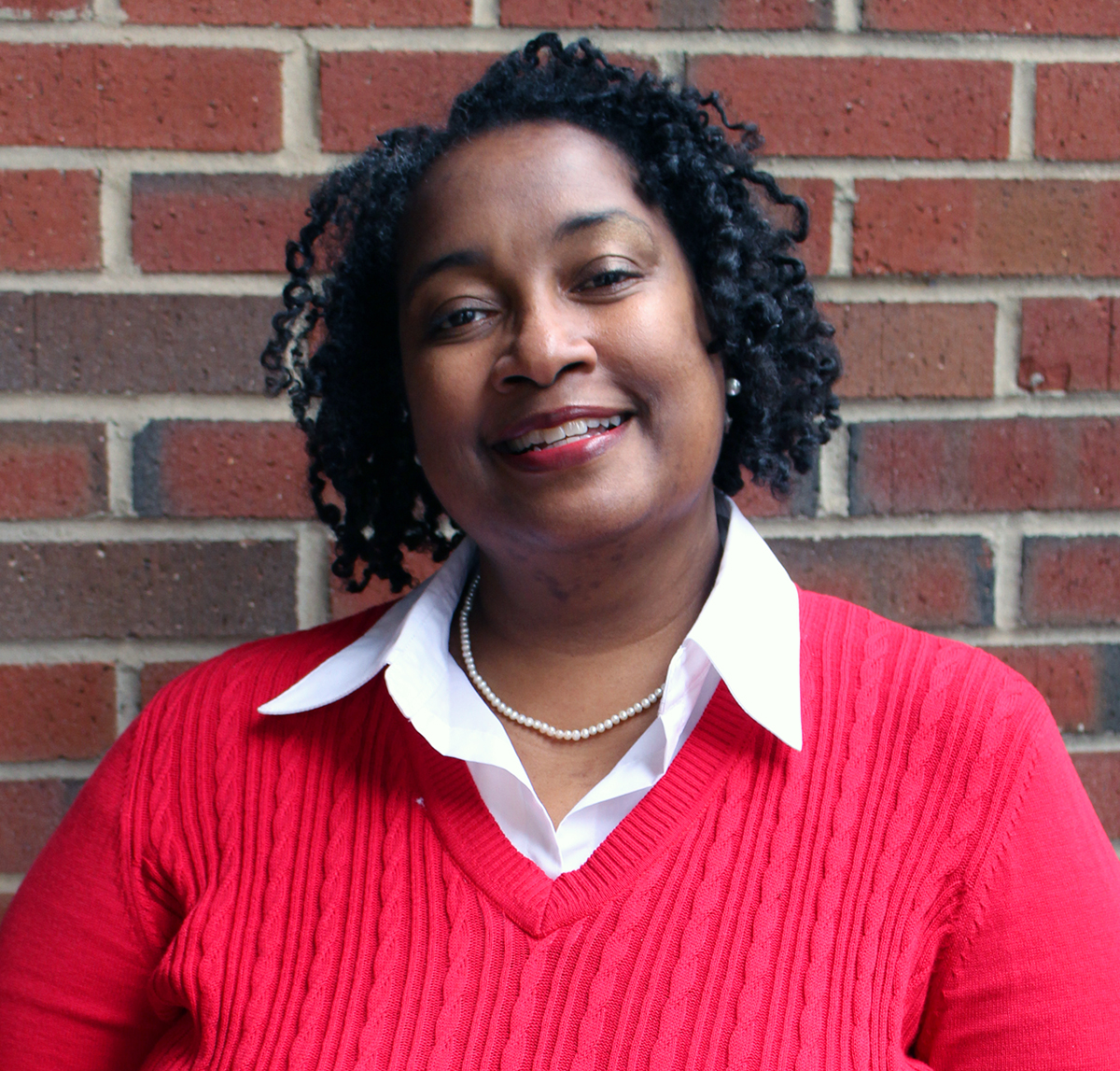UNC Lineberger was awarded a grant with the Medical University of South Carolina Hollings Cancer Center to support a collaborative effort to address disparities in cancer incidence and death across North and South Carolina and Tennessee. In addition, the cancer center has received a grant to support the work of a community health educator to enhance outreach and education, and to disseminate culturally-appropriate, evidence-based cancer information in North Carolina.


CHAPEL HILL – Two three-year funding awards from the National Cancer Institute will bolster work by the UNC Lineberger Comprehensive Cancer Center to address disparities in cancer incidence and mortality in North Carolina and across a three-state region.
A three-year grant of $339,909 will support a collaboration between UNC Lineberger and the Medical University of South Carolina Hollings Cancer Center to address cancer disparities across North and South Carolina and Tennessee. The grant will help UNC Lineberger and MUSC to identify and build cancer disparities-focused collaborations, training programs and funding opportunities in the three-state region, known as Region 1-South. It was awarded as an administrative supplement through the Geographical Management of Cancer Health Disparities Program, a federal effort to grow cancer health disparities research and training.
“We are thrilled for the opportunity to work with our colleagues at MUSC to coordinate cancer health disparities activities across our region, expand the network of cancer equity-focused researchers, and disseminate information about professional development, funding opportunities, collaborative efforts, and evidence-based research in this field within the region,” said Stephanie B. Wheeler, PhD, MPH, a UNC Lineberger member and assistant professor of health policy and management in the UNC Gillings School of Global Public Health. Wheeler is the site director for the project at UNC.
In addition to Wheeler, the supplement is co-led locally by Ethan Basch, MD, MSc, a UNC Lineberger member, director of the UNC Lineberger Cancer Outcomes Research Program and an associate professor in the UNC School of Medicine and Gillings School, in collaboration with Chanita Hughes-Halbert, PhD, at MUSC. LaShanta Rice, MPH, PhD, of MUSC, and Anissa I Vines, PhD, a research assistant professor of epidemiology in the Gillings School, are regional coordinating co-directors.
The program draws on UNC’s strengths of multidisciplinary, collaborative teams from health policy, health behavior, epidemiology, medicine, nursing and other disciplines, Wheeler said. In addition, UNC also has an ability to monitor regional and sub-population trends through the Integrated Cancer Information and Surveillance System, and is committed to engaging the community outside academia to address the persistent problem of cancer disparities.
“Cancer health disparities are a priority research area for Lineberger, and this opportunity to lead and coordinate efforts in the region will help advance this essential area of work and provide support for our investigators,” Basch said.
Another grant totaling $381,873 was awarded to UNC Lineberger to support the work of a community health educator to enhance outreach and education, and to disseminate culturally-appropriate, evidence-based cancer information.
The award will support an overall objective of the cancer center to address cancer incidence and mortality in the state, including disparities in incidence and mortality.
To support that mission, community health educator Veronica Carlisle will be based at UNC Lineberger. Carlisle, MPH, CHES, has worked for the last seven years as a community health educator with the NCI Center for Cancer Health Disparities-funded Carolina Community Network Center to Reduce Cancer Health Disparities. At Lineberger, she will work to engage the community to enhance the work and reach of center investigators in underserved communities.
“As the community health educator at UNC Lineberger, I have an important role to serve as the liaison between the community, Lineberger and the National Cancer Institute,” Carlisle said. “In this role, I aim to impact cancer health disparities locally, regionally, and nationally by disseminating evidence-based cancer information; providing culturally tailored outreach and education; and facilitating the sharing of the community’s voice in research design and implementation.”
The program will especially emphasize peer support and lay health advisor approaches to cancer prevention and enhancing cancer care, said program director Edwin Fisher, PhD, a professor of health behavior in the Gillings School, noting that these are particular strengths of UNC faculty working with the project.
Fisher is director of the community health education program along with co-directors Eugenia Eng, PhD, a UNC Lineberger member and professor of health behavior in the Gillings School, and Vines.
“Because of the ever-growing science in cancer information and interventions, there is a demand for the use of proven information and strategies,” Carlisle said. “It is important that all communities are aware of this in order to make an impact on the community’s health by using what’s been proven to work. In terms of community organizations, funders are often requiring that programs are evidence-based.”
